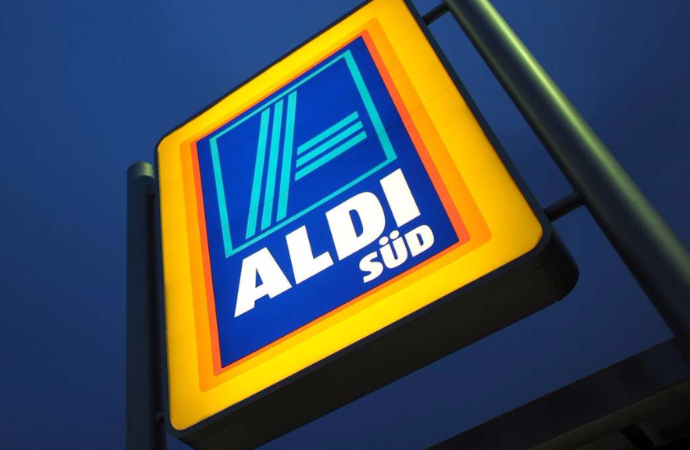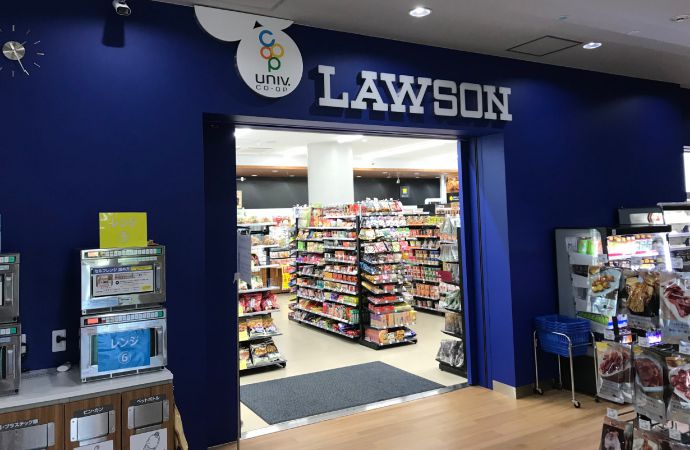Extensive use of natural refrigerants is an integral part of Aldi South’s climate strategy, according to the retailer’s first Corporate Responsibility report published on 14 July.

The Corporate Responsibility report by Aldi South’s shows how emissions in CO2 equivalent caused by refrigerant leakage dropped by 20.6% between 2012 and 2014.
Monitoring and improved technical equipment is helping to achieve this. More importantly, “the switch to more environmentally friendly refrigerants also contributes to this positive development”, Kirsten Geß, Communications Director at Aldi South, told R744.com.
Growing number of CO2 Installations
Every new refrigeration system at Aldi South in Germany is now using transcritical CO2. Aldi South estimates that by the end of 2016, nearly half of their 1860 stores in Germany will be equipped with CO2 refrigeration systems.
Aldi South has decided to solely use CO2 refrigeration systems for its stores because of the cost savings they can achieve. “The investment and maintenance costs of transcritical CO2 refrigeration systems can be compared to those of F-gas refrigeration systems. However, the costs for the CO2 refrigerant are relatively low.” according to Kirsten Geß.
Kirsten Geß confirms that this is “an argument in favour of investing in CO2 refrigeration systems”.
Transcritical CO2 is the most common technology used in Germany. However, in other parts of the world CO2 cascade installations are widely used. In 2015, for instance, 37% of Aldi South’s 392 Australian stores had CO2 cascade systems in place. The German retailer is further present in Austria, the UK, Hungary, Ireland, Italy, Slovenia, Switzerland and the US.
Distribution Centers put their faith in Ammonia
Aldi South operates 79 distribution centres worldwide, out of which 71 are equipped with ammonia systems and two centres are using CO2 refrigerants in their systems. Natural refrigerants are thus used in 94.2% of the distribution centres.
The chest freezers, at Aldi South, are built with propane. The retailer has even designed a Sustainable cooling label in all of their freezers and cabinets that run on natural refrigerants.
Kirsten Geß confirms that they “continuously work to minimise the impact of our refrigerants on global warming (…). Natural refrigerants are part of this development”.
Background
Aldi South published its Corporate Responsibility report for the first time ever in July 2016. The report covers customers, the supply chain, people working for Aldi South, social projects and of course the environment.
Regarding environmental goals, the group has set an international climate strategy target to reduce overall greenhouse gas emissions by 30% by 2030, compared to 2012. Reducing emissions caused by harmful refrigerants is one of the main targets of Aldi South's climate strategy. The reduction of energy consumption, the use of renewable energies and the optimization of logistics and vehicle emissions are also among the main objectives.
Related stories



